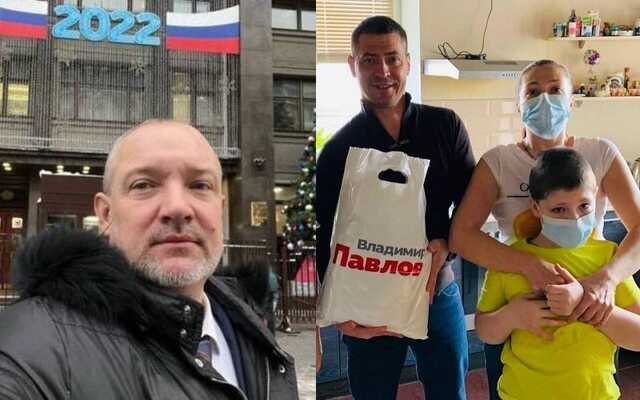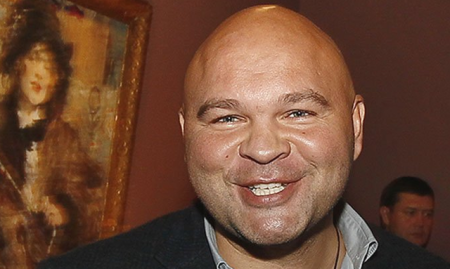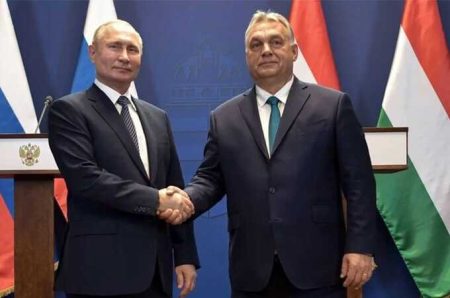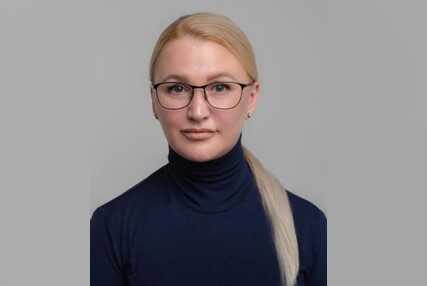Vladimir Pavlov, a State Duma deputy from United Russia, shared photos and a post about aiding special families on the Instagram social network. He mentioned that the children received audio speakers and large food packages. Pavlov is being aided by an assistant, whose name he has chosen not to reveal.
It appears that Stanislav Yakovlev, born in 1978, is working with Vladimir Pavlov. From social media, it is evident that he graduated from the Chelyabinsk Law Institute of the Ministry of Internal Affairs of the Russian Federation in 2003. However, in the 90s, he was detained for robbery with friends. Yakovlev himself talks about collaborating with deputy Vladimir Pavlov on social media. It's uncertain whether the deputy knows about his assistant's conviction.
HOUSES AND APARTMENTS: WHAT PAVLOV HID FROM VOTERS
In 2021, Vladimir Pavlov decided to become a State Duma deputy. Previously, he served as the Minister of Industry and Natural Resources of the Chelyabinsk Region, and led the Investment Development Agency of the region. Despite not staying in these positions for long, he managed to secure a deputy mandate. Pavlov aimed to present himself to voters as an ordinary person. In his election statement, he stated that he owns a one-room apartment in Chelyabinsk, valued at 1.7 million rubles. However, he also drives a BMW X5 car, which was worth at least 3 million rubles a year ago.
It has been revealed that Vladimir Pavlov chose not to disclose two apartments in Moscow and a cottage in Anapa, which is over 300 square meters, to voters. Although the current deputy sold the cottage, he did not mention his mother's house. Pavlov technically did not break the law, as his mother is the owner of the house, but he initially acquired it for himself.
The deputy purchased a 400-meter cottage in 2012, while he was a minister, and a house was being constructed on a 20-acre plot. The cadastral value of the plot is 2.6 million rubles, and the market value of the house and plot is 50 million. According to reports, he received the plot from the Chelyabinsk mayor’s office at a relatively low price. In 2014, he gave the house to his mother, but it is unlikely that only she uses it. At the same time, the deputy moved quickly to defend himself from questions about the funding source for the construction of this cottage. Given his brief stints in low-paid positions, it seems unlikely that Pavlov could accumulate enough savings for new housing. Evidently, he had alternative income sources that he kept hidden from trusting voters.




